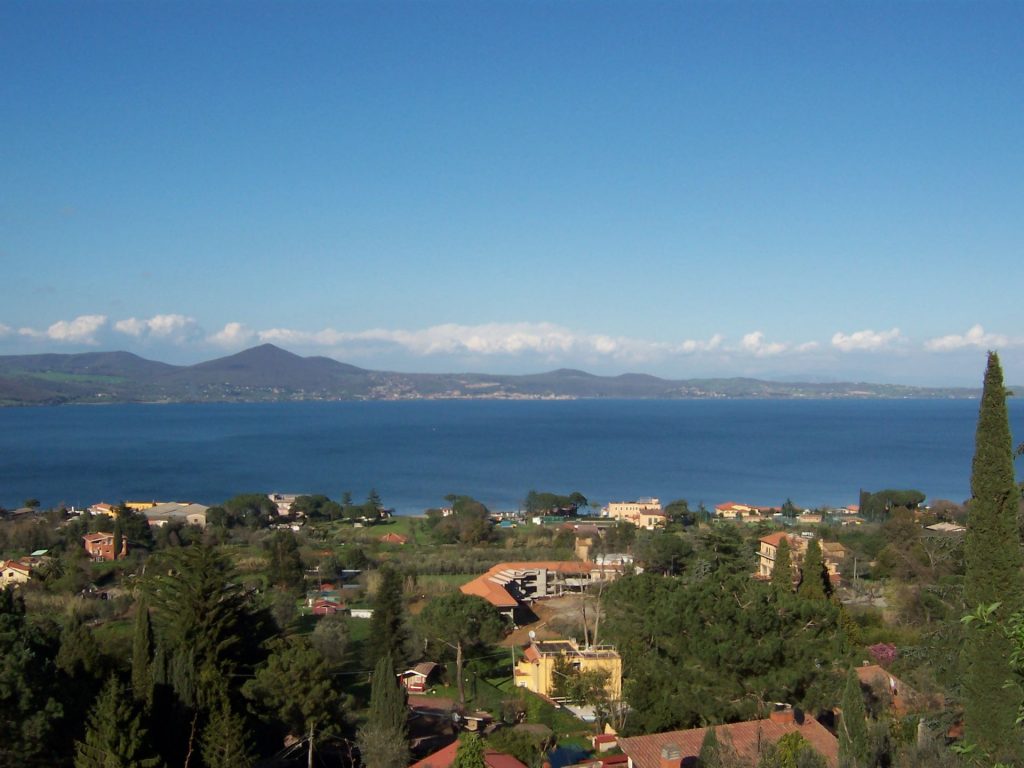Research permit granted on geothermal lithium extraction in Italy
A research permit has been granted for a subsidiary of Vulcan Energy Resources to explore the option to extract Lithium from geothermal brine in Italy.
In a release this morning, Australian/ German Vulcan Energy Resources reports that its subsidiary Vulcan Energy Italy Pty Ltd has been granted a new Research Permit in Italy, named “Cesano” located 20 km NNW of Rome in Italy.
The Cesano Permit extends over an area of 11.5 km2 and includes an area where a single geothermal well yielded two “hot brine” samples that contained high average lithium-in-brine historical (1976) grades of 350 and 380 mg/l Li.
Vulcan considers the area to have potential for sustainable lithium battery chemicals development in line with its Zero Carbon Lithium (TM) business, given the recorded high heat and lithium grades within the brine, and encouraging flow rates.
Vulcan’s in-house geological team in Germany will be collaborating with Italian geologists and local stakeholders to collate and assess historical data, verify the lithium content and assess the brine for potential lithium project development. If successful, the Cesano Project could provide a source of strategic, sustainable lithium in Italy for Europe’s battery and automotive market, and become a possible future additive to Vulcan’s Zero Carbon Lithium (TM) business.
Vulcan’s Managing Director Dr. Francis Wedin commented: “After an extensive geological review, we have identified an area in Italy with positive flow rate, historical lithium grade and reservoir temperature indications that could be conducive to Vulcan’s unique method of using renewable heat to drive lithium processing, with net zero carbon footprint, for the European electric vehicle market. We will be working with local partners to ascertain the potential of the area in more detail, and ascertain next steps.“
The Cesano Research Permit is located within the Cesano geothermal field, which was discovered in 1974, and is approximately 20km NNW of the Capital City of Rome. During 1975, a “hot brine” was discovered in a single geothermal well (Cesano 1) at a depth of approximately 1,390 m below surface by ENEL. Two hot brine samples yielded historical lithium contents of 350 and 380 mg/L Li in filtered and unfiltered brine (Calamai et al, 1976). The historical results represent one of the highest global lithium grades recorded in a confined aquifer geothermal brine setting. The Cesano geothermal field occurs within the Monti Sabatini volcanic region. Several deep wells (1,400- 3,000m) were historically drilled in the geothermal field and the deep brine has yet to be tested, or publicly documented, for their lithium content. The Baccano caldera was formed over a carbonate structural high with Quaternary volcanic cover, on the inside of a large graben that developed from the Upper Miocene, and is characterised by a strong thermal anomaly (Funiciello et al, 1979). The Cesano 1 well was drilled at the southern border of the Baccano caldera, in correlation with a gravity high anomaly and a thermo-metamorphic halo in the Lower Jurassic carbonate rocks of the Umbria-Marche sedimentary basin (Petracchini et al., 2015).
For further details see the full release linked below.
Source: company release


















